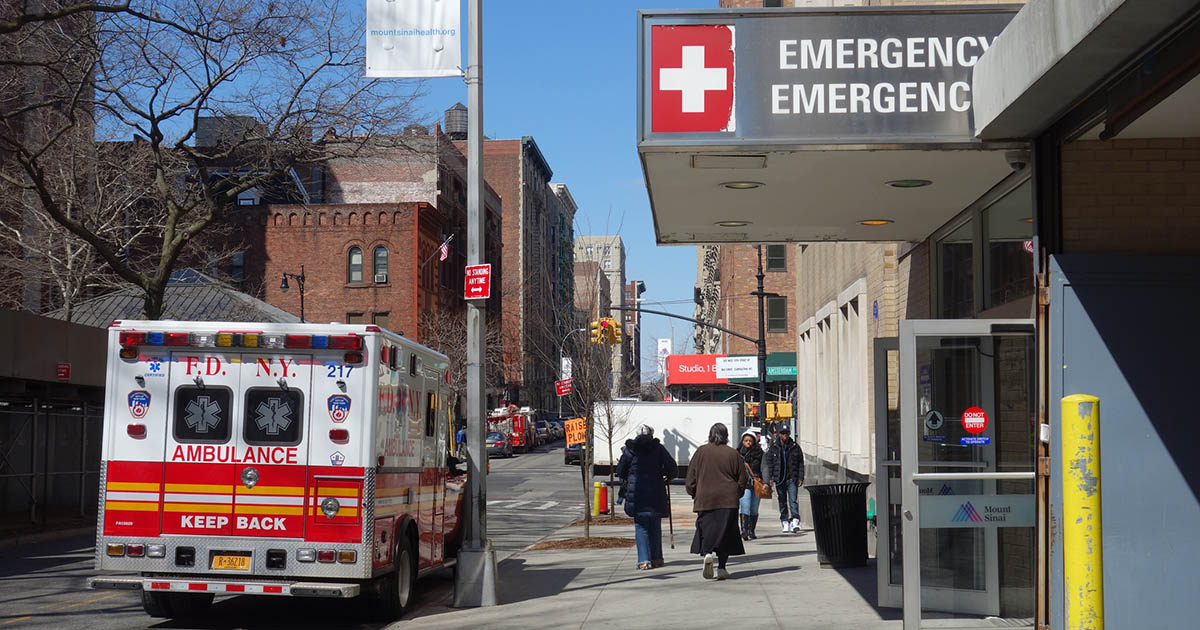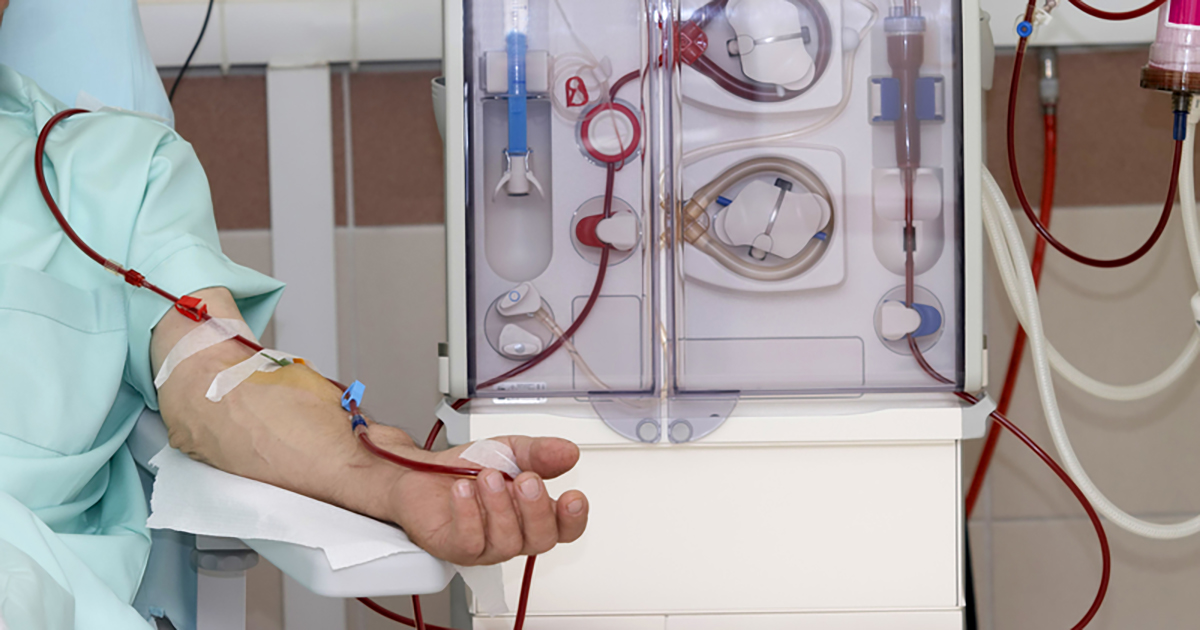How To Treat And Prevent Toxic Shock Syndrome
Toxic shock syndrome is a dangerous, even life-threatening bacterial infection. The infection can occur in individuals who have had recent surgery or open wounds and can also affect women who use super-absorbent tampons and leave them in for an extended period. The infection is typically caused by the Staphylococcus aureus bacteria and streptococcus bacteria. When these bacteria invade the body, they produce toxins that can cause toxic shock syndrome.
The signs of this condition are fever, vomiting, diarrhea, low blood pressure, headaches, seizures, muscle aches, and confusion. There are several ways to prevent toxic shock syndrome, including taking care of open wounds, paying attention to feminine hygiene, and washing hands frequently. Taking these precautions can lessen a patient's chances of acquiring this serious medical condition.
Emergency Medical Care

Since toxic shock syndrome is associated with having open cuts or burns on the skin, be sure to keep them clean until they are fully healed. The use of tampons can also cause bacteria to flourish. So, monitoring the amount of time you use these products can minimize the risk of developing toxic shock syndrome. This is a serious illness and requires immediate medical attention to avoid complications.
If you find you have any of these symptoms, go to the hospital to receive emergency medical care, as untreated, toxic shock syndrome can lead to renal failure, shock, and death. When you receive emergency medical care, the physicians can evaluate and treat the condition immediately. The treatment may minimize complications and save patients from a life-threatening situation.
Dialysis

When the staphylococcus and streptococcus bacteria enter the body and spread toxins, the internal organs and bloodstream are compromised. Medical procedures such as thyroidectomies, suction lipectomies, and mammoplasties make a patient more susceptible to toxic shock syndrome. When someone has the infection, their blood is affected, and white blood cell counts rise. Blood serum levels decrease, and the bacteria can interrupt the normal functions of the lungs, liver, and kidneys.
If toxic shock syndrome causes the kidneys to fail, dialysis may need to be administered. This treatment removes toxins from the blood and helps restore kidney function. During the procedure, the patient's blood is processed through a dialyzer made of tiny fibers. It cleans the blood and returns it to the body. The kidneys are a vital organ and allow the body to process water and minerals. When they are infected, health is comprised. Thankfully, dialysis can assist with getting rid of bacteria.
Washing Hands Frequently

Since bacteria are spread by touch, it is imperative to wash hands often to avoid infection. Bacteria live everywhere and are on surfaces in the home, at work, and on the skin. The naked eye cannot see them, but they are all around us. Someone can pass bacteria to you from a handshake or sneeze. Bacteria can also spread through the air, mucous membranes, and bodily fluids. Washing hands is an important part of personal hygiene and may prevent the transmission of infection. Bacteria that cause toxic shock syndrome can be found in the surgical packing for open wounds and tampons, so they need to be changed frequently.
Washing hands frequently has many health benefits and can protect patients from catching the flu, respiratory infections, and getting diarrhea. It prevents the spread of the staphylococcus and streptococcus bacteria and stops them from entering the body. When washing hands, it is best to use liquid soap, as a bar of soap can harbor contaminants, and antibacterial products kill both good and bad bacteria.
Proper Wound Care

When the skin does not have an open wound, it can protect the body against pathogens and bacteria. If it has a cut, puncture, or laceration, harmful bacteria can enter. A surgical incision may also permit bacteria into the body. Proper wound care is essential to prevent the spread of bacteria and the occurrence of toxic shock syndrome.
If your wounds are not cared for properly, staphylococcus and streptococcus bacteria can thrive in the warm, moist environment underneath. This is the reason for toxic shock syndrome, but with proper wound care, it can be avoided. An open wound should be washed to eliminate dirt or debris and covered with a clean bandage. Depending on both the type and size of the wound, sterile wrapping may be applied. It should remain covered until fully healed, and the dressing should be frequently to prevent infection.
Attention To Feminine Hygiene

One of the most important methods of preventing toxic shock syndrome is to pay attention to feminine hygiene. The products women use during menstruation include pads, tampons, and panty liners. Pads and panty liners do not cause this condition because they are worn on the outside of the body. On the other hand, tampons can result in toxic shock syndrome if they are used too long without changing since they are made to absorb menstrual blood inside the woman's body. If the tampon is kept in for too long, bacterial toxins will multiply and spread into the bloodstream.
Even though many individuals can fend off the infection, it can be difficult for others. In patients who cannot defend themselves from the bacteria, toxic shock occurs. Signs include gastrointestinal distress and a rash on the bottom of the feet and palms. Thus, women should pay attention to the products they use during menstruation and always remember to change them regularly.
